Why Christians Should Care About Human Trafficking (Part I)
This is a multi-part series that will cover human trafficking.
By Audrey Masterson
A few years ago I traveled to Baltimore on a trip that would ultimately change the way I view the world. I became aware of the reality of human trafficking, also referred to as, "modern day slavery" in the land of the free. How ironic. Most people who know me today know that I put a lot of time into exposing the injustice of human trafficking in an effort to be a part of a generation that helps end it, but I haven’t always known the truth behind the lies that are accepted within the American culture. Before I went to the east coast, I wrestled with the idea of being a "Christian without a specific passion;” and while this conviction is a deeply personal one, it led me to pray for a broken heart for something specific. My heart fell into pieces as I listened to Stephanie's* story and learned the startling facts of human trafficking. Since that trip to Baltimore, I have done countless hours of research, petitioned, and tried educating the people in my life of what I’ve learned. Furthermore, I pray that each person reading will be stirred in their affection for Jesus Christ and see the hope of restoration made available through Him, but before I share why I think it is important that professing Christians pay attention to this cause, I want to clarify some misconceptions of what human trafficking is and isn’t.
So what is human trafficking?
Homeland Security defines Human Trafficking as a form of modern-day slavery in which traffickers use force, fraud, or coercion to control victims for the purpose of engaging in commercial sex acts or labor services against his/her will.
• Sex trafficking has been found in a wide variety of venues within the sex industry including residential brothels, escort services, fake massage businesses, strip clubs, and street prostitution.
• Labor trafficking has been found in diverse labor settings including domestic work, small businesses, large farms, and factories.
• Force: to make a way through or into by physical strength; break open by force
- Fraud: wrongful or criminal deception intended to result in financial or personal gain
• Coercion: the practice of persuading someone to do something by using force or threats
Ultimately, human trafficking is a human rights issue— rights that are believed to belong justifiably to every person regardless of their race, color, sex, language, religion, political or other opinion, national or social origin, birth or other status (United Nations Declaration of Human Rights). Although we may at first turn to movies like Taken to represent our understanding of human trafficking, it can (and most often) looks different in America. It looks different in Central Indiana.
And if this is a human rights issue, who does it affect?
Broadly, all of us. Even before you knew the legal definition, yes, it has already affected you. Human trafficking enslaves people from varying backgrounds to produce the food we eat, manufacture the clothes we wear, and perform so we can be amused in our homes and out on the weekends. It affects where we shop, how we travel, and how we entertain ourselves. WE (you and I) are affected because products are being sold to us in mass amounts because we consistently want bigger, badder, and better. And we keep these people trapped in lives of slavery because of our own selfish desires. “Then desire when it has conceived gives birth to sin and sin when it is fully grown brings forth death” (James 1:15). In 2016, there were 824 labor trafficking cases identified through the Human Trafficking Hotline where about 50% were female/male, 65% were foreign nationals, and 80% were adults; however, this is much different than sex trafficking in America. According to the Indiana State Report on HT, 83% of the victims identified in the United States were American citizens; approximately 1 million children are being bought and sold via the sex trade; and a majority of those targeted online and otherwise are females between the age of 12-18. This $150 billion industry traffics nearly 17,000 men, women, and children across the boarder each year, but we also have nearly 300,000 American youths attending our schools, playing on the streets in our neighborhoods, performing in the show-choir, working at the convenient store, and taking care of their younger siblings at risk right now, according to the FBI.
While ALL humans are affected by human trafficking, those who are more vulnerable to exploitation are women and children, marginalized communities, immigrants, members of the LGBT community, victims of former assault, individuals with a low socio- economic background, kids in foster care, homeless and run-away teens, refugees and natural disaster victims, and those in unstable home environments.
"The least of these.” - Matthew 25:40
Those are the words that keep circling back around in my head when I think about those vulnerable to exploitation-- those individuals who are mostly directly affected by the world’s second largest criminal industry (behind the drug trade). This fast growing criminal division is a heart issue to its core— and it’s multi-faceted. There are the traffickers. There are the buyers. There are those being sold. And there’s us. Us— individuals IN that group of marginalized people and those OUT side of it as well.
